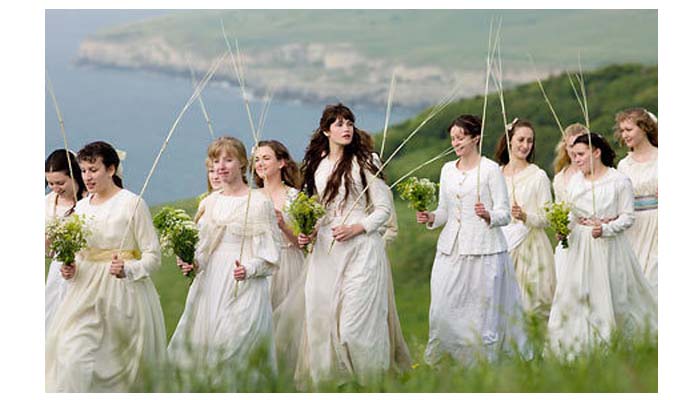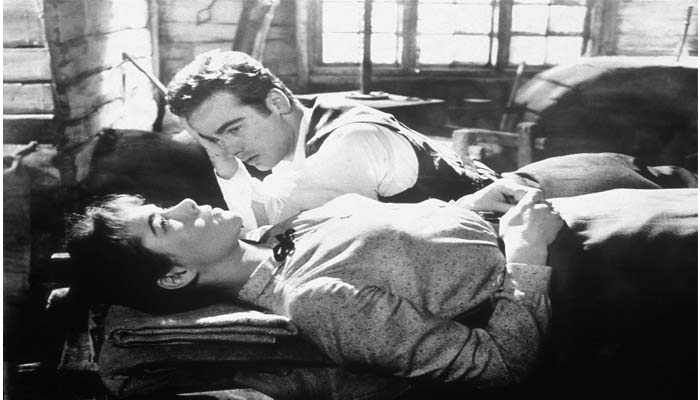
Explain Tess of the d’Urbervilles Themes as a modernized Greek drama.
Tess of the d’Urbervilles Themes
Tess of the d’Urbervilles is a novel written by Thomas Hardy. The connection between Thomas Hardy’s novels and the tragedy of the Greeks has been acknowledged but not explored. It has been said that Sophocles was the chief literary influence on Hardy’s view of life.
Greek tragedy works differently as a form of modern drama than the ancient Greeks. When it comes to modern drama, the main character is usually an ordinary person, someone from the middle class. Although the main character is important and noble in Greek tragedy, such as a king or queen.
The modern drama revolves around everyday problems such as social, economic, or personal conflicts. Greek tragedies seem very linear. It’s often about making a bad decision from the beginning of the hero’s drama, which eventually leads to his downfall. Although they were of high rank, ancient Greek beliefs weakened the original character to avoid their fate, which was controlled by the gods. As far as the conference goes, the Greek tragedies are very united.
The tragedy of the royal character will only go through a one-time span, a day or less, a set, and a story. In a modern tragedy, however, the story of the common character goes through multiple realistic settings and realistic timelines. Also, the story will have multiple plots, which may have flashbacks.
Tess of the d’Urbervilles illustrates the pattern of Greek tragedy drama with modern actions. She is morally superior to those who persecute and destroy her; her suffering and death force others to see. Even a brief overall view of her life. Tess of the d’Urbervilles is the descendant of a great aristocratic family which has now fallen and which seems fated to suffering and tragedy. Young Tess is a creature of nature as well as of society and family, and she commits a rash act in response to the promptings of natural impulses within her.
Tess’s liaison with Alec is as natural and innocent an expression of her character as Antigone’s burial ritual is of hers. She behaves naturally and appropriately in the circumstances, yet she soon comes to be regarded by society as a criminal. Tess is Judged harshly and unreasonably by rigid and wrong-headed men who think of themselves as acting for the good of society and in the name of accepted social values.
In a sense, the climactic ending was in with Tess’s arrest. A Greek tragedy writer, often called the Father of Tragedy established religious belief, Landscapes of desire vs. landscapes of community in the modern novel.
by Rabby Sharif Ador









